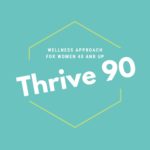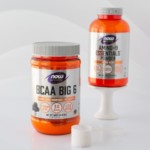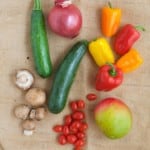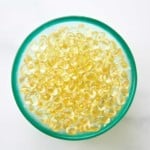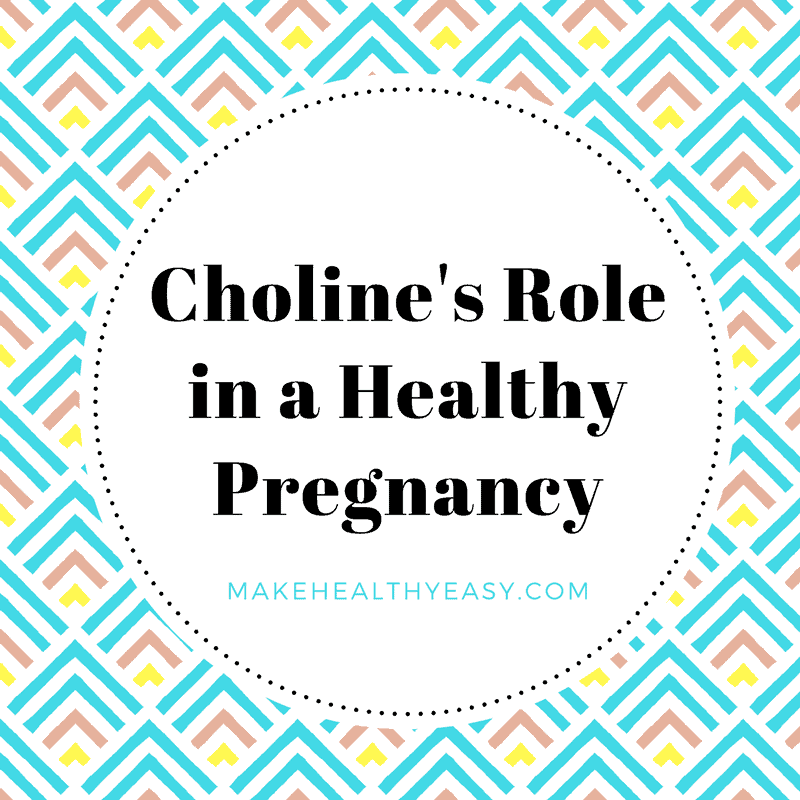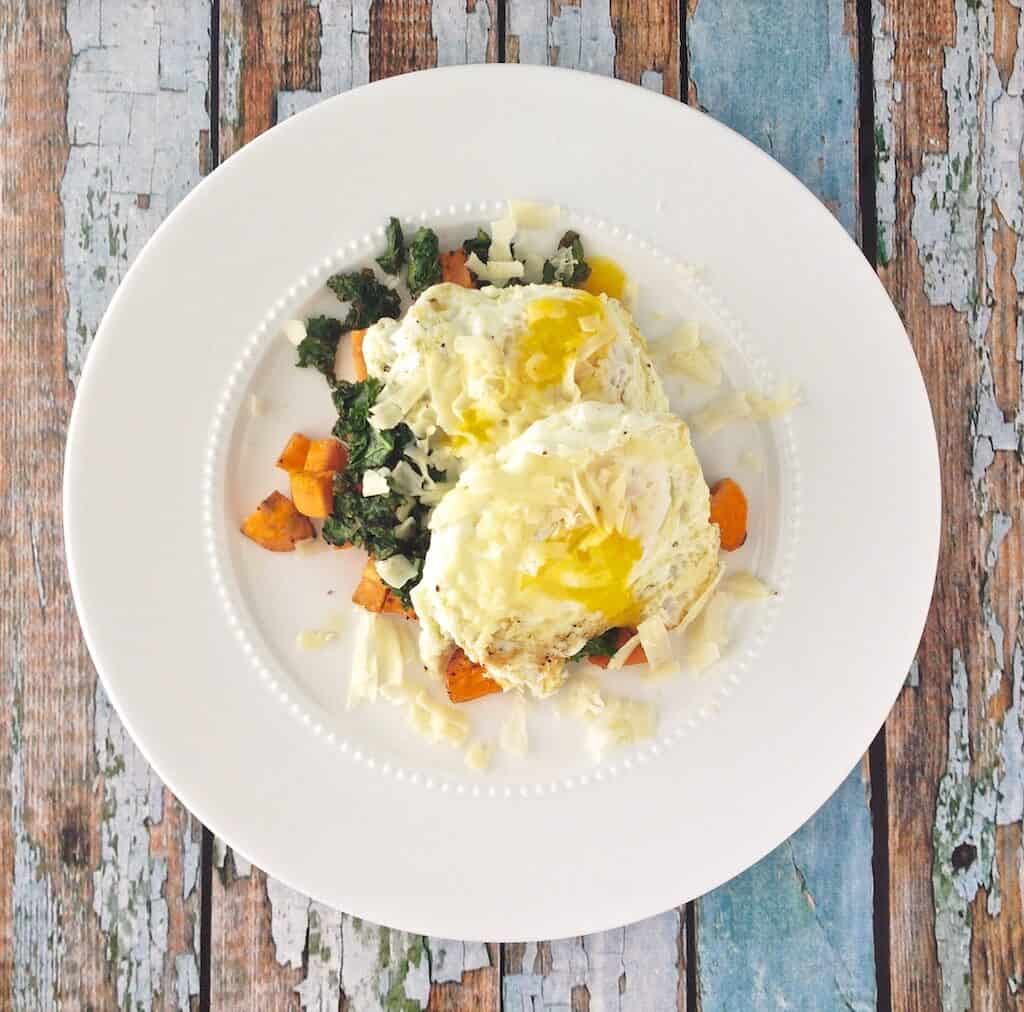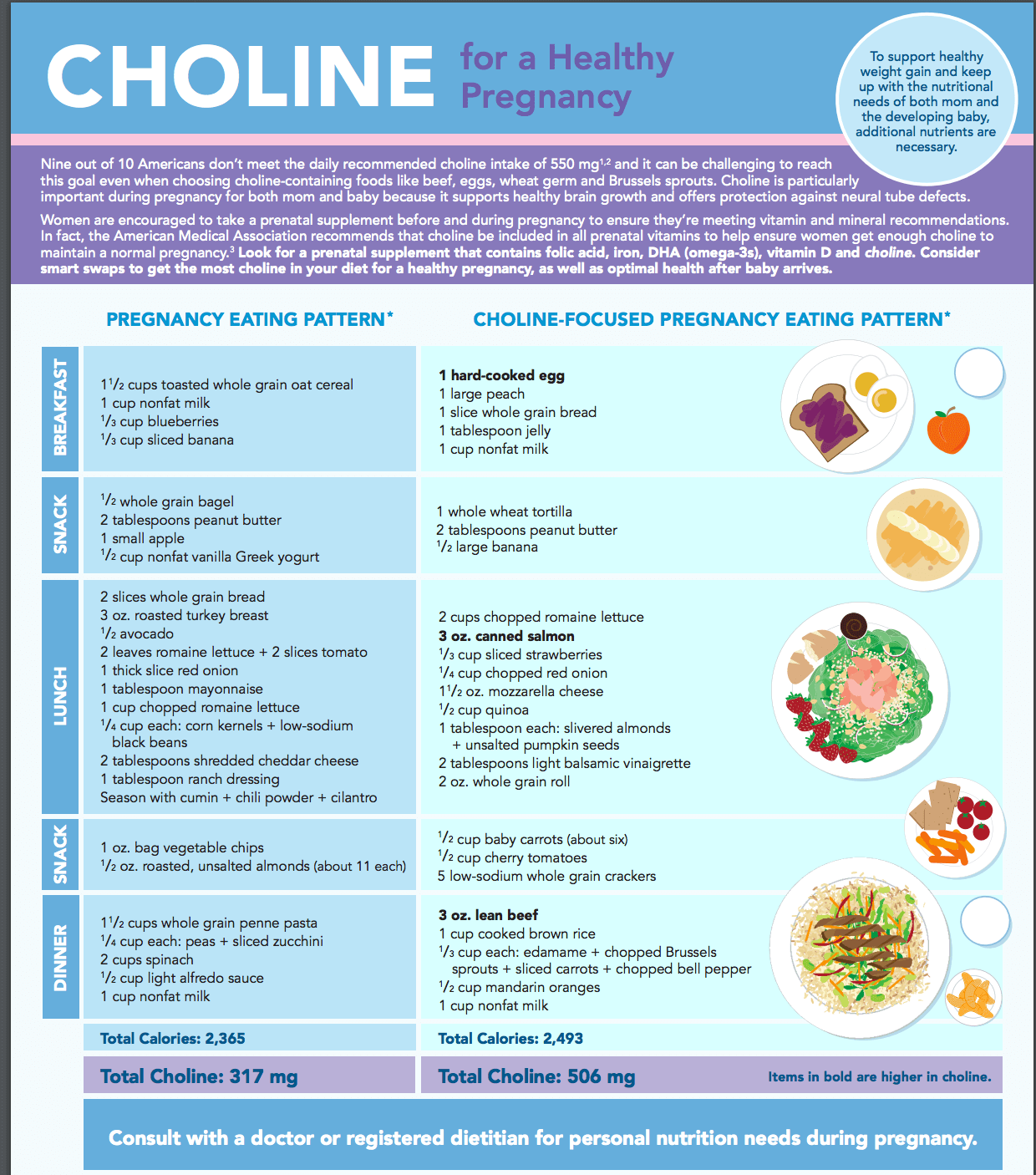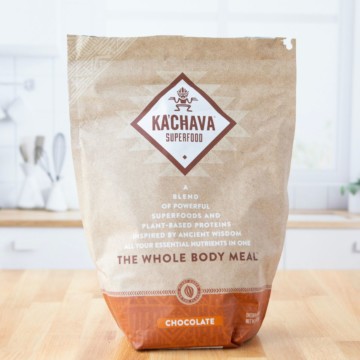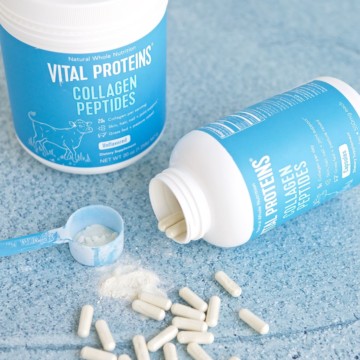
This post is sponsored by Balchem, a nutritional ingredient supplier. I am helping to get the word out about the importance of choline for health.
Today I want to talk about pregnancy.
No, I am not pregnant.
I want to talk about pregnancy because I’m so fascinated by it AND some new nutrition news has been released that is important to address..
But first, let me tell you a little bit about my personal pregnancy experience, because all that happened pre-Make Healthy Easy.
My first pregnancy, while planned for, was still a bit of a shock to me, especially in regards to what you could not and should eat. I didn’t really study up beforehand to know what I was getting myself into (which I normally do for new scenarios). I just dove in, you could say, and figured it out as I went.
July 2011 - 8 months pregnant with baby #1.
After discovering I was pregnant in November 2010 I started doing a little research. I was really interested in WHY the diet recommendations for pregnancy came to be and read a very interesting book called Origins.
I quickly became fascinated with how my body was creating a new human and all the important nutrients needed to make that happen. Research was emerging about how important a mother’s diet is to the lifetime health of her child, which is just so amazing! For me, I made sure I had leafy greens every day to provide folate (this is actually where my smoothie making began), I had beef a few times a month to get needed iron, and I either ate cooked fish or took a fish oil supplement on a regular basis. Eating these things felt just as important as my prenatal appointments as I knew they were building blocks for the baby inside of me.
(As a side note, while I did try to eat and do a lot of things to help my babies grow, I did not want fear to be behind my decisions. An important thing to remember is that no matter how hard you try to have a “perfect” pregnancy, you truly can’t control everything about it. Do your best but also try to relax and enjoy the process.)
Pregnancy is an amazing miracle friends. While I don’t get to practice in the area of pregnancy nutrition very often, I do have a streak of passion for educating women on easy, empowering food choices they can make to sow the seeds of good health for themselves and their babies.
 Ben, 1 day old.
Ben, 1 day old.
Recently the American Medical Association (AMA) released a statement about infertility and prenatal supplementation. (This is what has gotten me thinking about the importance of pregnancy lately.) Within it, they call attention to a nutrient that is extremely crucial during pregnancy: choline.
Choline plays a pivotal role in both brain and spinal development of a growing baby, and it is now understood that only 10% of Americans get enough of it in their diet.1 Most prenatal vitamins don’t contain choline or contain very small amounts of it (around 55mg or less). This poses a potential problem. Thus, the AMA responded and now recommends including evidence-based amounts of choline in all prenatal vitamins.
For those ladies out there reading this who are either pregnant or trying to get pregnant, we need to talk about your choline intake. Whether you are pregnant, nursing, or taking care of your own general needs, 550 mg is the Recommended Daily Intake (RDI) level recommended for optimal health.2
Gluten Free Sweet Potato, Egg, & Kale Stacks
Eating choline containing foods daily can help to meet choline needs. The following foods are among the top sources of choline:
- 1 cup of wheat germ cereal = 201 mg
- 1 whole egg = 147 mg
- 1 cup green peas = 115 mg
- 1 fillet of white fish like flounder or sole = 102 mg
- 3 oz steak = 86 mg
- Canned salmon = 74 mg
- 1 cup cooked lima beans = 75 mg
- 3 oz chicken breast = 70 mg
- 1 cup collard greens = 63 mg
- 1 cup cooked Brussels sprouts = 63 mg
- 1 cup cauliflower = 48 mg
- ½ cup shiitake mushrooms = 40 mg
Source: http://www.whfoods.com/genpage.php?tname=nutrient&dbid=50
However, it is important to note that even when eating foods abundant in choline, it is still challenging to meet the RDI of 550 mg per day. Consider supplements and/or prenatal vitamins, as needed, to round out a balanced diet that meets daily choline goals.
To help better understand what a choline-focused pregnancy diet looks like, be sure to check out this menu plan for a healthy pregnancy. Click THIS LINK to view the PDF, pictured below.
You can also check out a variety of other choline-focused meal plans, including Mediterranean and vegetarian style eating plans, via THIS LINK.
And finally, be on the lookout at the grocery store,because choline will start being listed on many nutrition facts labels in the very near future.
If you are reading this, and you are pregnant, CONGRATULATIONS!! You are doing an amazing job already at being your baby’s mama. Keep up the great work!
To healthy babies and happy mamas,
-
Wallace TA and Fulgoni VL 3rd. Assessment of Total Choline Intakes in the United States, Journal of the American College of Nutrition, DOI: 10.1080/07315724.2015.1080127. Published online February 17, 2016.
-
US Department of Health and Human Services. Food Labeling: Revision of the Nutrition and Supplement Facts Labels. 21 CFR §101. https://www.gpo.gov/fdsys/pkg/FR-2016-05-27/pdf/2016-11867.pdf. Revised May 27, 2016. Effective July 26, 2016. Accessed May 25, 2017.

